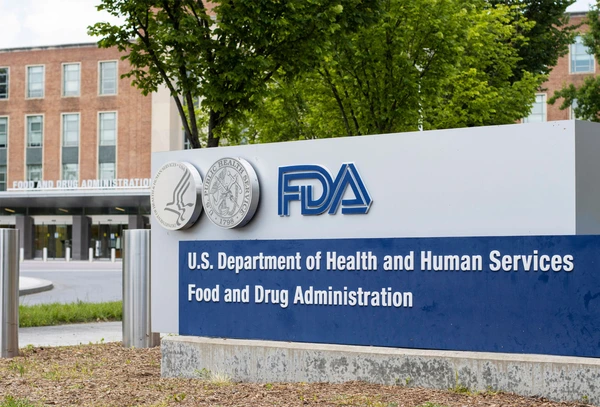The FDA recently changed the rules for labeling potassium chloride in food. It is now ok to label potassium chloride as "potassium salt" to help people make healthier food choices. Americans currently eat ~50% more sodium than the FDA recommends. This rule change aims to lower the amount of sodium people eat, which can help lower the risk of high blood pressure and heart
diseases.The guidelines help food-makers make and sell more low sodium foods. They also teach consumers about healthy salt alternatives and explain the benefits of consuming low sodium products.
The good news is that the food industry is rapidly adopting the FDA's recommendations. They are using more potassium chloride instead of sodium chloride to lower the sodium content in their products.
However, this change presents technical hurdles since potassium chloride affects flavor and preservation differently compared to normal salt. Despite these obstacles, the industry sees significant opportunities for innovation, particularly in expanding product lines that meet consumer demand for reduced sodium options.
Food makers are starting to use "potassium salt" on their labeling to make people see it as a healthy seasoning choice. Such products include "reduced sodium sea salt" or "low sodium sea salt" which you might see at your grocery store. It aims to present itself as a healthier option than regular salt.
The term "potassium salt" is less 'chemical' sounding. This should help people feel comfortable choosing reduced sodium sea salt and the like so they can enjoy the health benefits of low sodium foods. In response, more companies are making their products healthier by using more sodium reduction solutions in their products. This could lead to better diets for consumers and fewer health problems caused by too much sodium.
This is positive news for the food industry. It demonstrates the industry's ability to comply with regulations. It also shows that the industry can adapt to meet the changing health preferences of consumers. With more companies on board, consumers will have access to a wider range of healthier options when it comes to their food choices.
Overall, the shift towards using potassium salt as a substitute for regular salt, or as a kosher salt alternative, is a step in the right direction for public health. This not only benefits us by reducing our risk of sodium-related health issues, but it also showcases the food industry's commitment to promoting healthier lifestyles.
Ultimately, the move towards potassium salt is a win-win situation for both the food industry and consumers alike.
